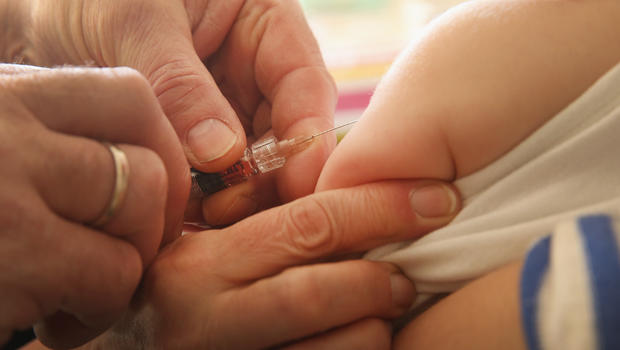
Months before Elias Gelbwachs died in October 2004, he named Morton Avigdor (pictured) as a co-executor of his estate in his living will and his son Avi Jay Gelbwachs as his beneficiary.
avigdorforjudge.comA Brooklyn lawyer with hopes of becoming a civil court judge has failed to pay back over $500,000 he did not account for from a deceased man’s estate, court documents reveal.
Months before Elias Gelbwachs died in October 2004, he named Morton Avigdor as a co-executor of his estate in his living will and his son Avi Jay Gelbwachs as his beneficiary.
Gelbwachs, 86, also graciously listed nine charities to divvy up 10 percent of his estate — including Yeshiva of Brooklyn, Hatzolah Volunteer Ambulance Corp., and American Cancer Society.
After Gelbwachs, a retired accountant, died, Avigdor was in charge of distributing the $1.125 million of assets, court records show.
During a Rabbinical Court proceeding in 2009, Avigdor turned over a one-page document where he admitted to using portions of the estate’s funds to buy homes at 7104 Fort Hamilton Pwky. and 884 71st St., both in Brooklyn, according to court documents.
Avigdor, 59, whose campaign website for civil court judge highlights his “honesty” and “integrity,” used the Fort Hamilton residence to house a $35,000 investment with Doctors on Call.
Avigdor filed a lawsuit against the medical company in 2014, claiming he was denied profits as a partner and in a May deposition hearing, he even denied running for judgeship, according to court documents.
After paying for the funeral and other expenses, $900,000 was still missing, according to court documents.
Multiple request for comment from Avigdor were not returned.
The Rabbinical Court authorized the co-executor, Moshe Twersky, to take appropriate action in civil court to remove Avigdor from the estate.
A committee later reviewed Avigdor’s activity and found no misconduct in 2010, a source told the Daily News.
The Brooklyn District Attorney’s Office, then under Charles Hynes, did not file any charges after a complaint was made in Feb. 2011, sources said.

After Gelbwachs, a retired accountant, died, Avigdor was in charge of distributing the $1.125 million of assets, court records show.
A judgment of $750,000 was issued against Avigdor to pay by July 2014 — he has defaulted despite selling the Fort Hamilton building in 2014 for $1.1 million, according to public records.
“He still owes $572,000,” Avi Jay, 56, told The News. “I’ve known him since we were little. We are still friends, we still speak, but it’s been difficult. ... He says he will pay back every penny.’
Nonetheless, in court documents obtained by The News, Avigdor did not disclose the large liability or his alleged role with the medical company to the state Ethics Commission for the Unified Court System.
“The facts are troubling,” said Ellen C. Yaroshefsky, the head of Hofstra University’s Ethics Institute. “Moreover, the New York State judicial candidate form requires disclosure of this information and failure to comply can result in significant sanctions including referral to disciplinary committee and potential criminal liability, which should preclude him from becoming a judge.”
In May, lawyer Frank Racano was indicted for grand larceny after he was held in contempt in civil court for dipping into the escrow account for the late Judge John Phillips.
Avigdor, an ex-staffer for disgraced ex-Brooklyn Rep. Anthony Weiner, is also delinquent with paying his $375 biannual registration fees to the state court system.
“I would still vote for him so I can get 10 percent of his income,” said Avi Jay.
Avigdor, so far, received $8,750 in campaign donations — $2,105 were in-kind donations from himself, public records show.
The state and local primary elections will take place Sept. 13.
http://www.nydailynews.com/new-york/brooklyn/brooklyn-lawyer-failed-pay-back-500g-dead-man-estate-article-1.2771489








